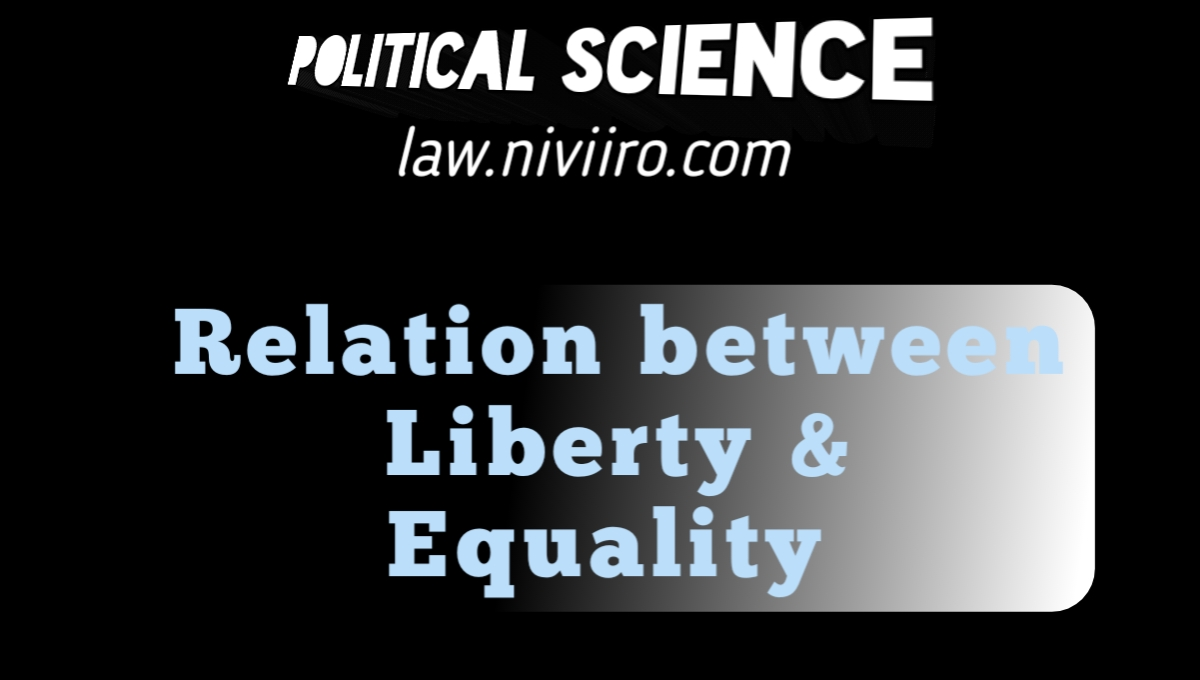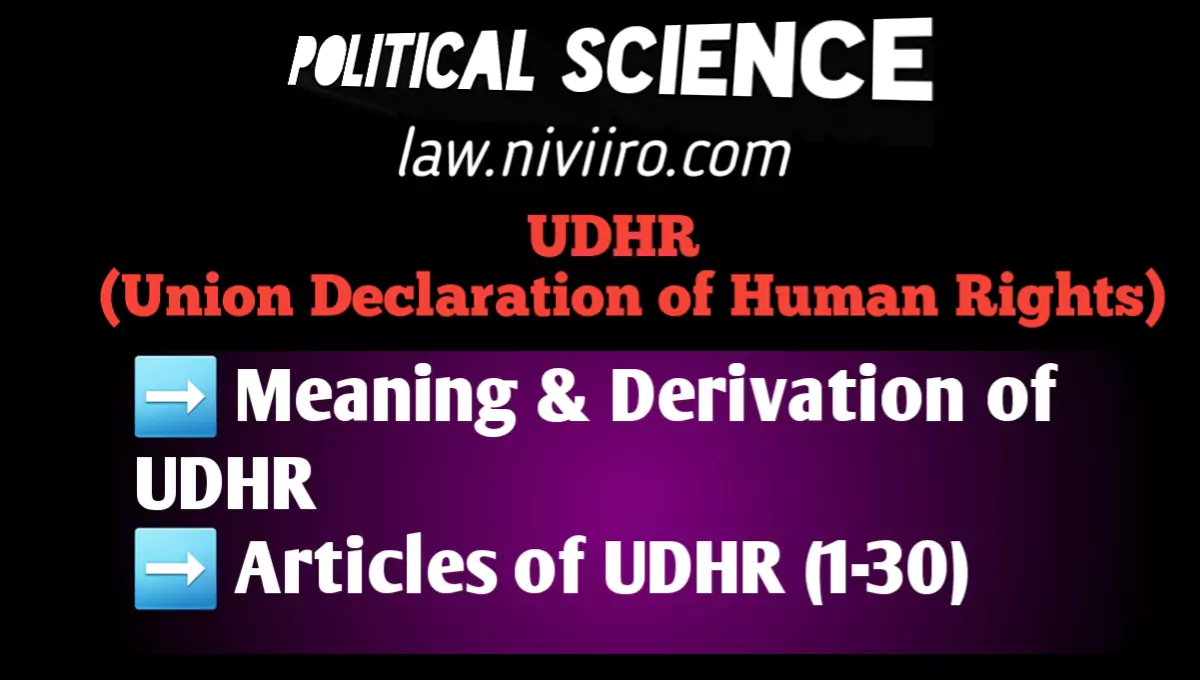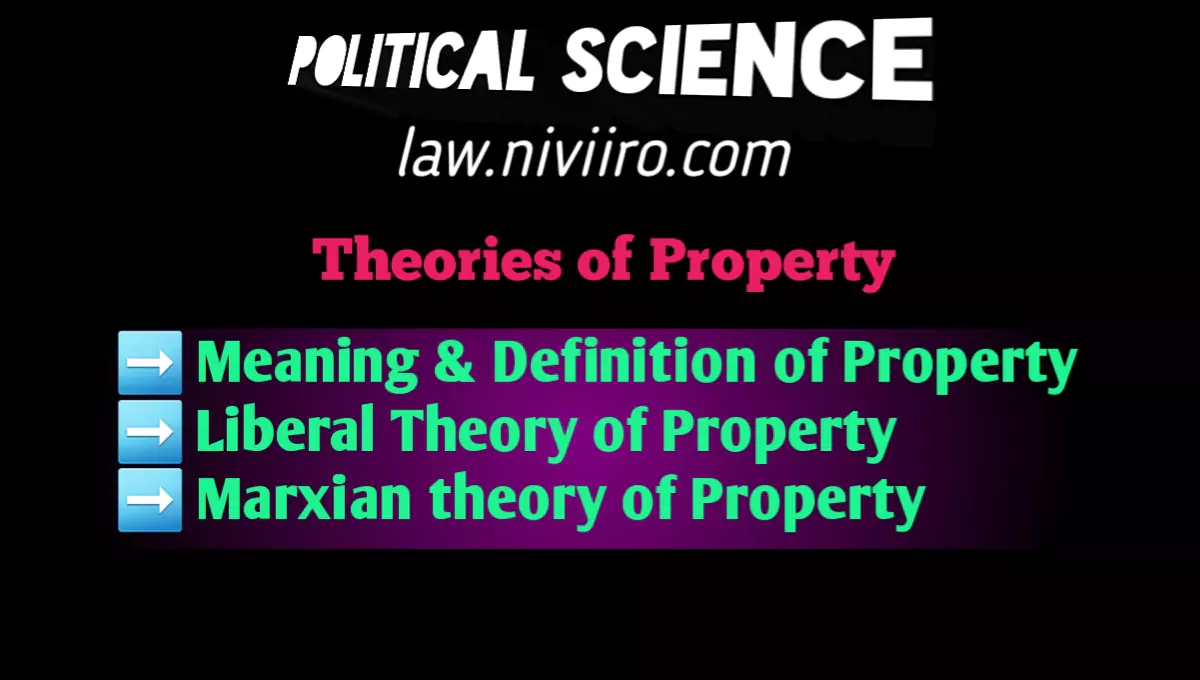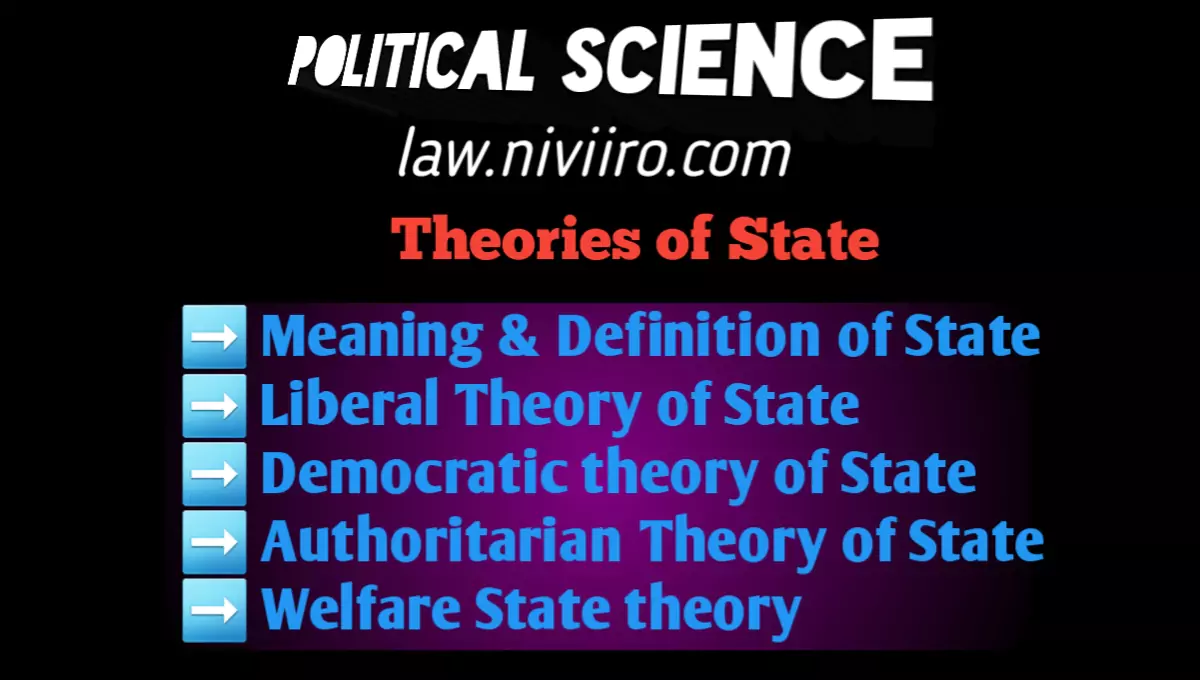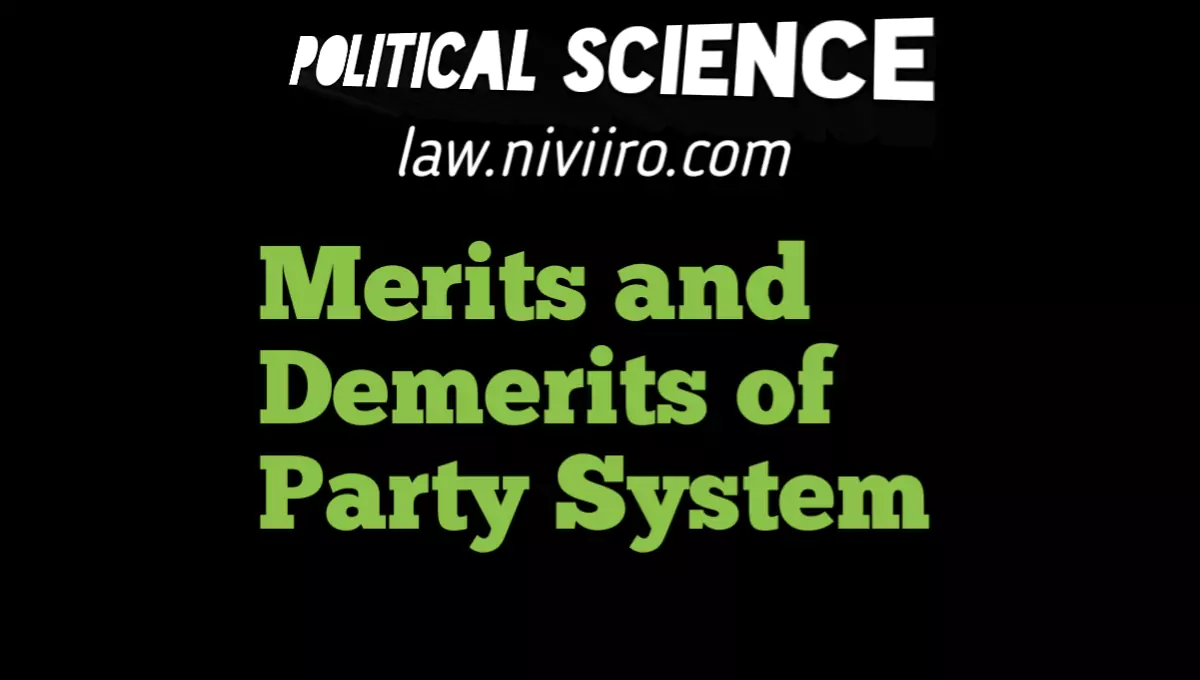Relation Between Liberty and Equality – Equality and liberty are inextricably linked. In the absence of equality, there is no value in liberty. They are the same conditions seen from different perspectives. They represent opposite sides of the same coin. Despite the fact that there is a close relationship between liberty and equality, some political theorists do not believe there is one. For example, Lord Acton and De Tocqueville, both strong supporters of liberty, discovered no link between the two conditions. To them, liberty and equality were adversarial and diametrically opposed.
Lord Acton maintains that “The passion for equality made vain the hope for liberty”. According to such political thinkers, where there is liberty, there is no equality, and vice versa. These political theorists believe that people are born with unequal opportunities. In nature, we also find inequity. There are rivers in some places, mountains in others, and plains and farmland in yet other places. No two people are same in terms of talent and capacity. As a result, there can be no equality in society.
Modern political philosophers reject Lord Acton’s and De Tocqueville’s perspectives. In this regard, Professor H.J. Laski has made an excellent observation: “To persons so ardent for liberty as Tocqueville and Lord Acton, liberty and equality are antithetic things. It’s a harsh conclusion. But it turns, in the case of both men, upon a misunderstanding of what equality implies”. Nowadays, it is often assumed that liberty and equality should go hand in hand. If a person is given the freedom to do anything he wants, he will bring harm to others. If individuals are granted unrestricted liberty, society will devolve into chaos.
Individualists misinterpreted the term “liberty” throughout the nineteenth century. They placed little emphasis on economic equality and emphasised the government’s adoption of Laissez Faire. Adam Smith was a staunch supporter of this viewpoint. In the absence of economic equality, liberty has no meaning. Professor Laski has very aptly remarked, “Where there are rich and poor, educated and uneducated, we always find a relation of master and servant”.
C.E.M. Joad further stated, “The idea of liberty, whose importance in politics cannot be overstated, worked disastrously when applied in the sphere of economics.” Hobbes also stated, “What value is freedom to a starving man? He can’t eat or drink freedom.”
Thus, it is obvious that economic equality is required for political freedom to exist. Otherwise, it will be a capitalist democracy in which workers will have the right to vote but will be unable to achieve their goals. As a result, true liberty is only attainable in a socialist democracy in which equality and liberty coexist.
Similarly, it is true that equality cannot be established in the absence of political liberty.
Thus, Liberty and Equality are complementary to each other. They are not diametrically opposing. They complement each other. “Liberty and equality must be reconciled by recalling that both (liberty and equality) are means to an aim of realising the potentialities of individual individuality on the broadest possible scale.” “There is an intimate link between the two “because all individual liberties are related to the basic equality of all men and because historically the aspiration for liberty became in practise and destruction of privilege or inequality.”
Both are favorable to one another. “Liberty thus implies equality,” writes Herbert A. Dean, “liberty and equality are not in conflict or even separate but are different facts of the same ideal…. Indeed, because they are identical, there can be no problem how or to what extent they are or can be related: this surely the closest, if not the most satisfactory solution ever devised for a perennial problem in political philosophy.”
Related Post | Relation Between Liberty and Equality
what are the Relation Between Liberty and Equality ?
Equality and liberty are inextricably linked. In the absence of equality, there is no value in liberty. They are the same conditions seen from different perspectives. They represent opposite sides of the same coin. Despite the fact that there is a close relationship between liberty and equality, some political theorists do not believe there is one. For example, Lord Acton and De Tocqueville, both strong supporters of liberty, discovered no link between the two conditions. To them, liberty and equality were adversarial and diametrically opposed……………
References
- R.C. Agarwal, Political Theory
- M.P. Jain, Political Theory liberal and Marxiam
- Prof. H.C. Verma, Modern Political Theory
- Prof. S.L. Verma, Modern Political Theory
- V.D. Mahajan, Political Theory
- J.C. Johari, Political Science













